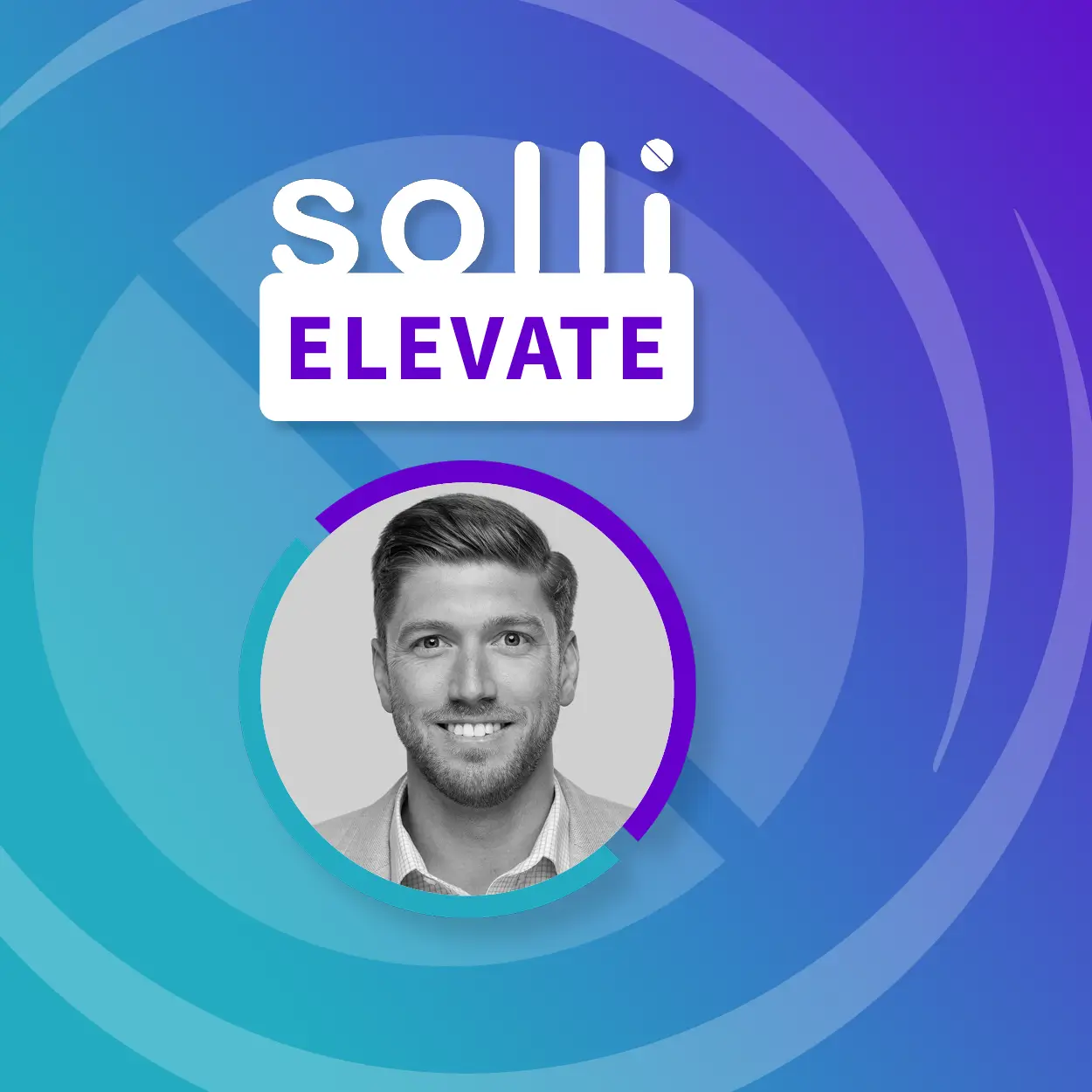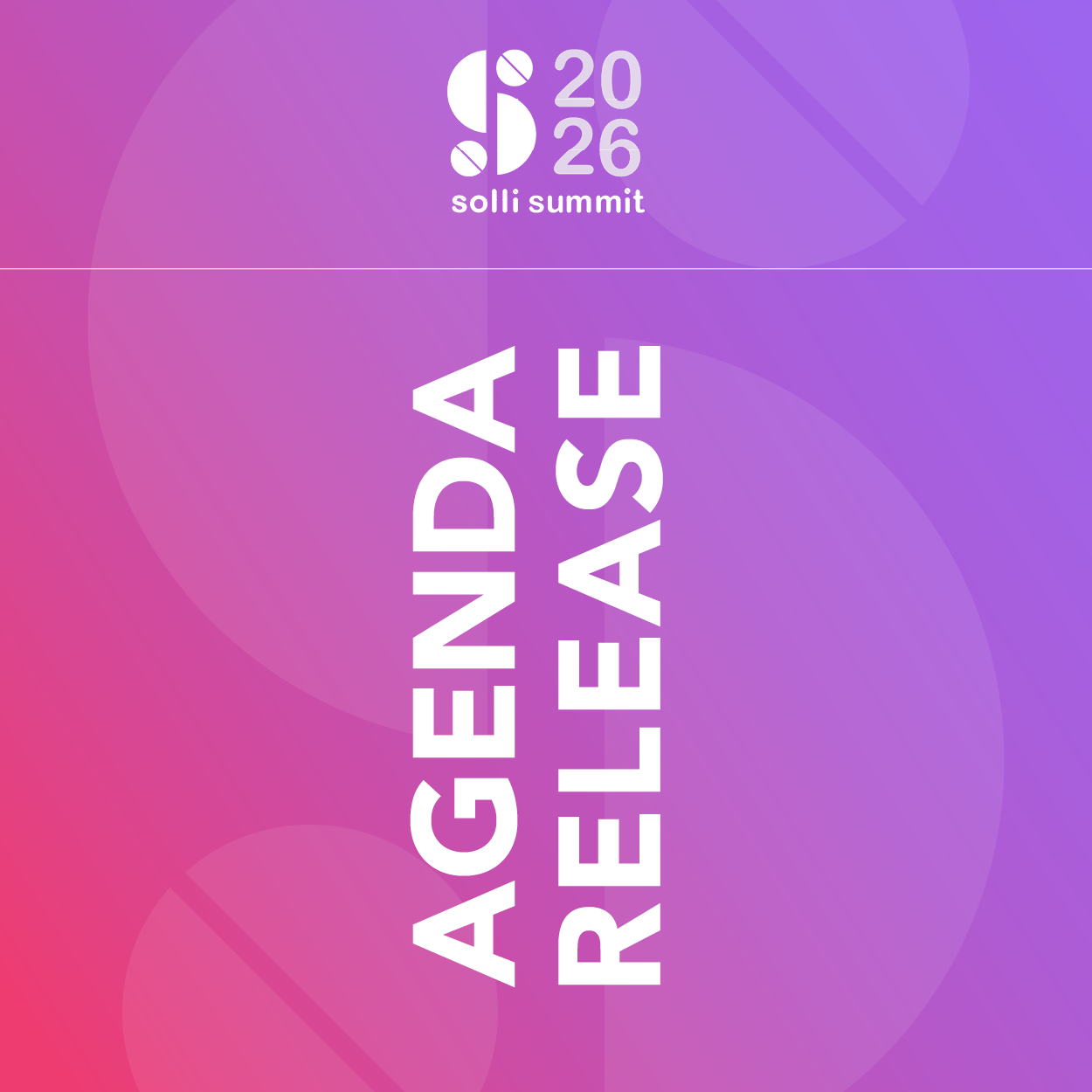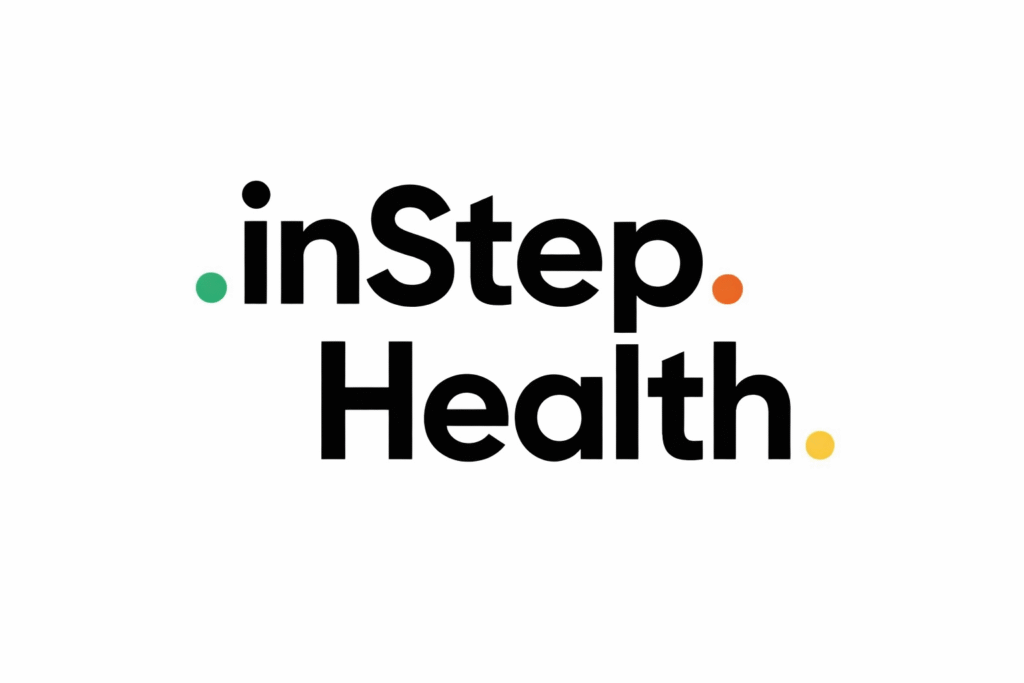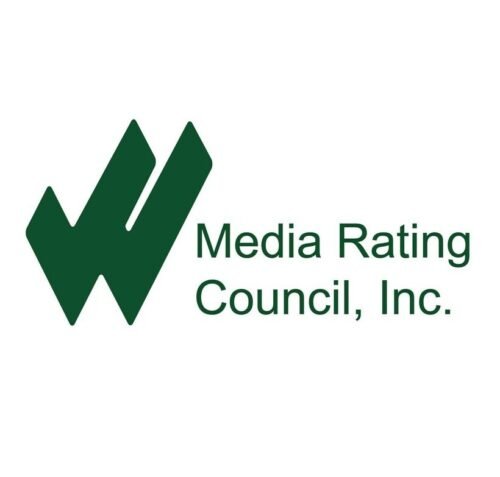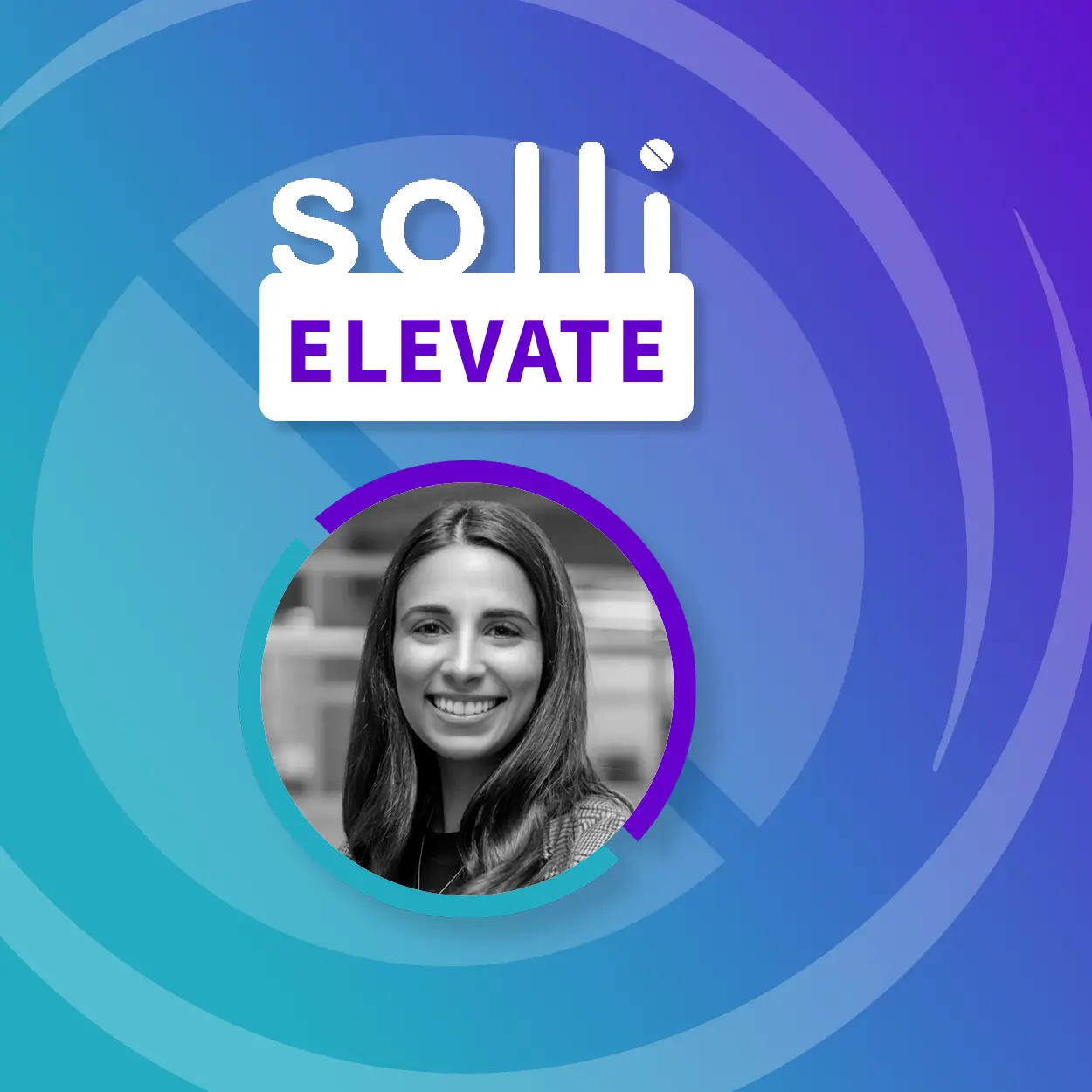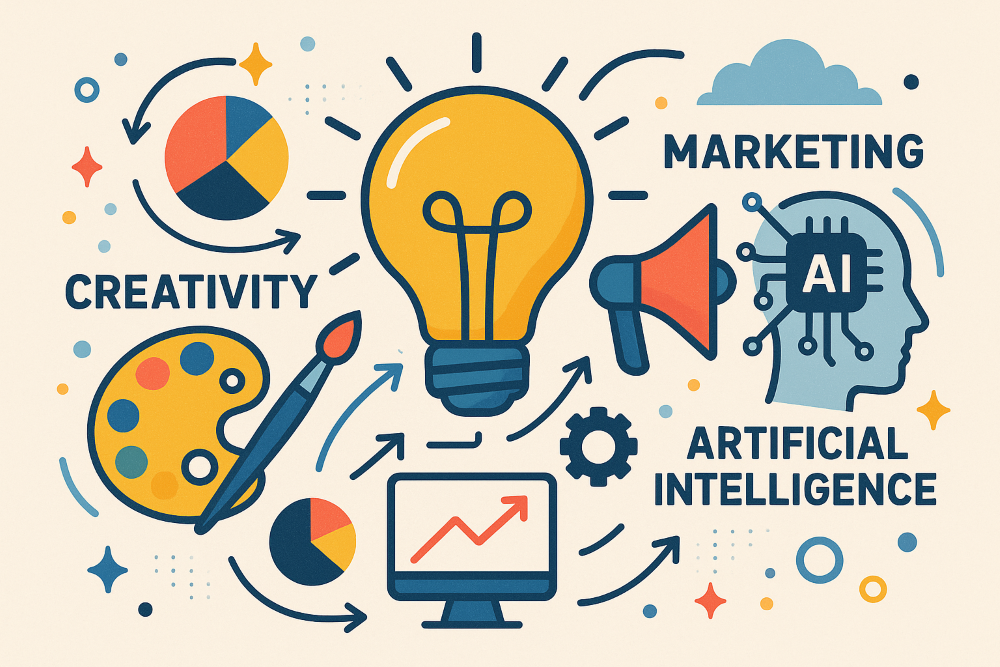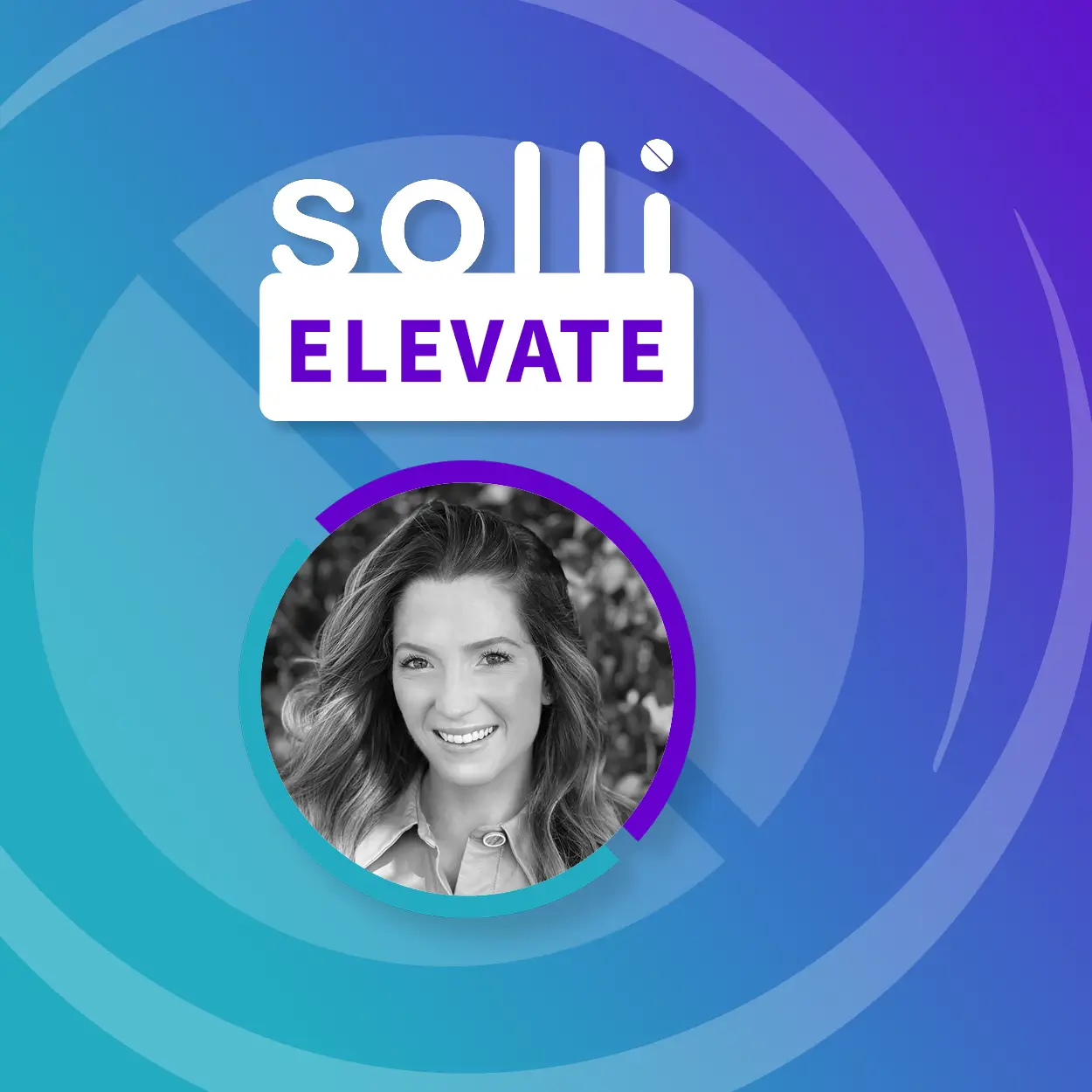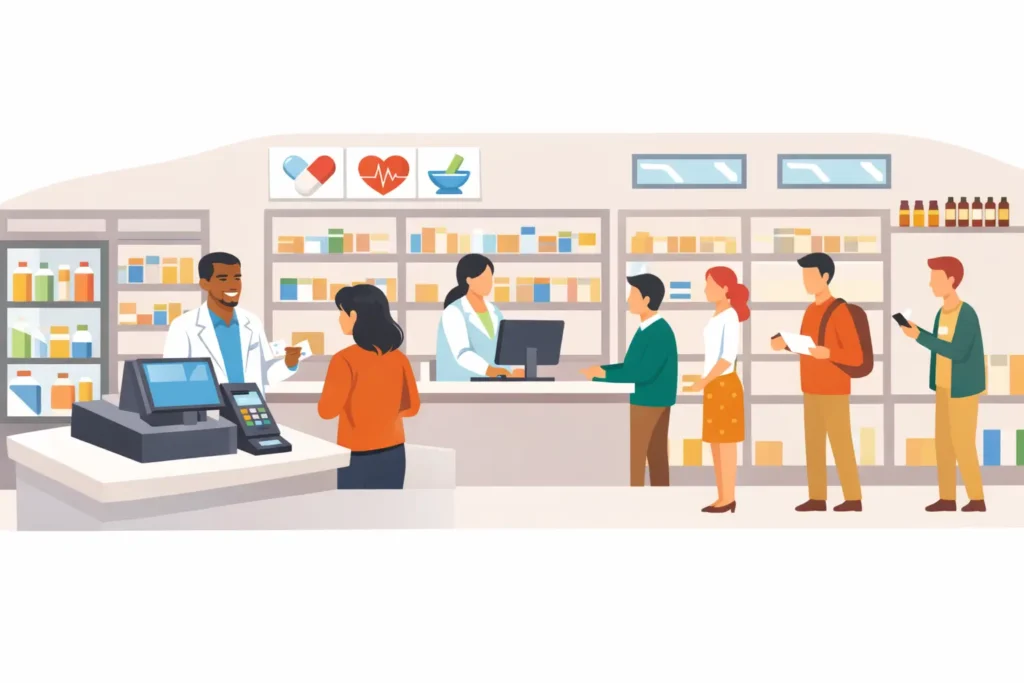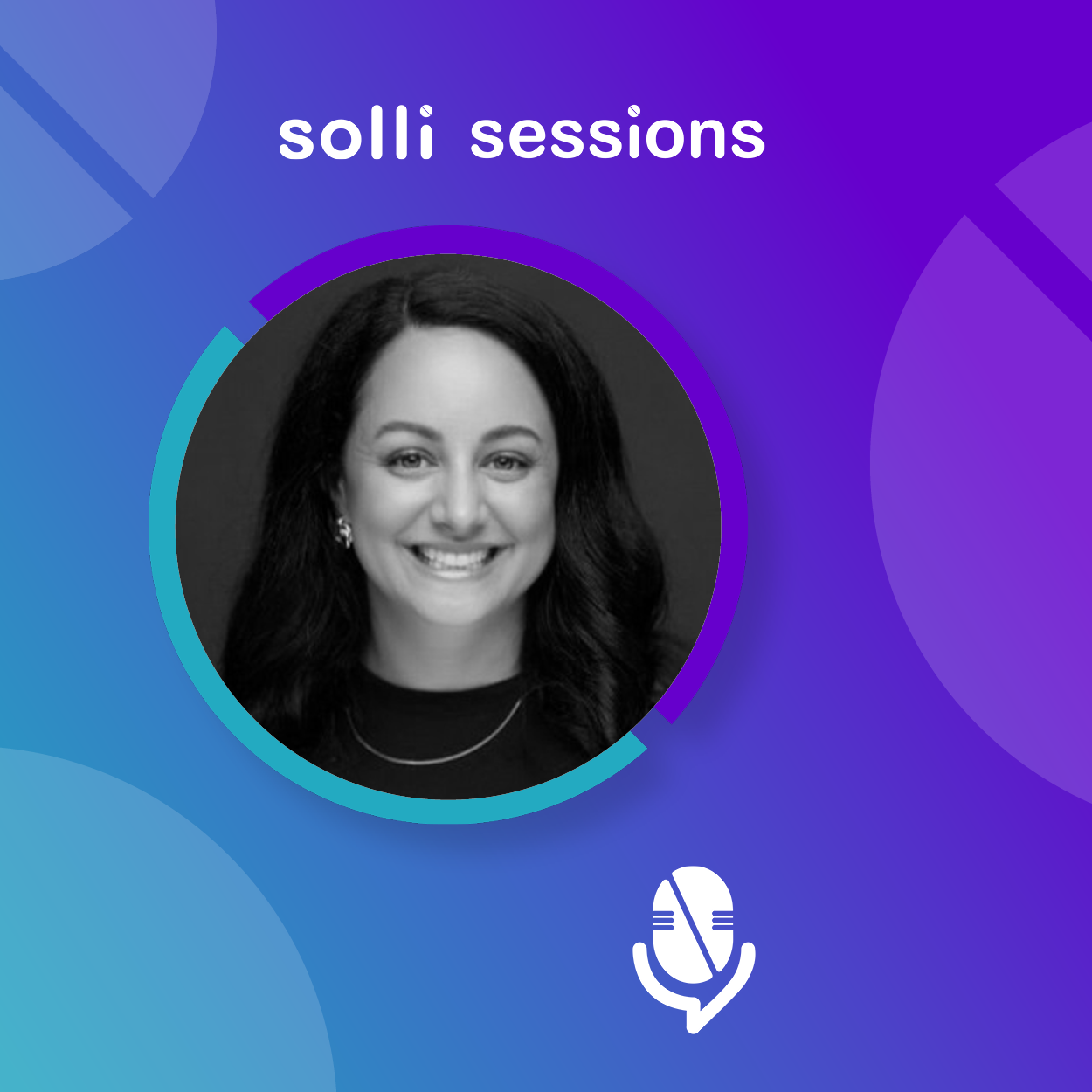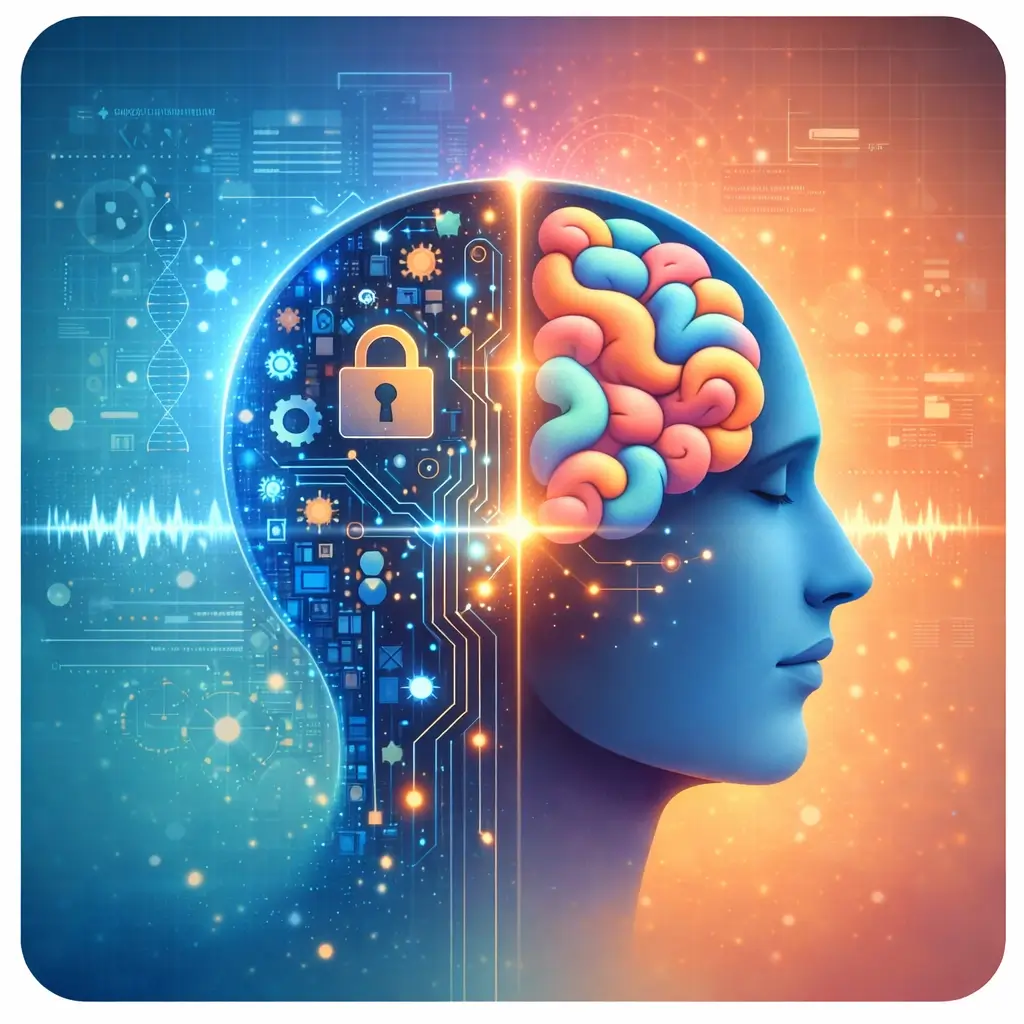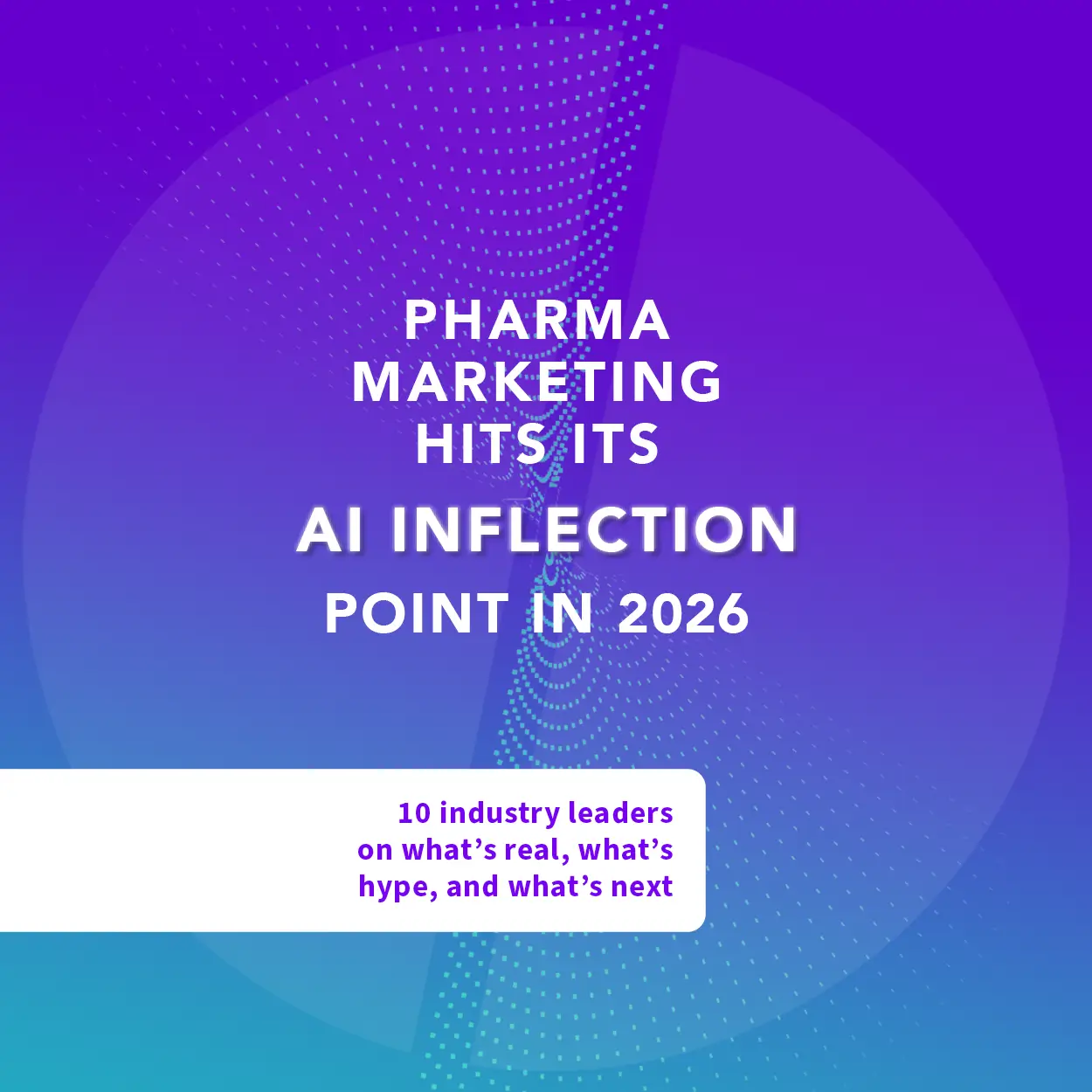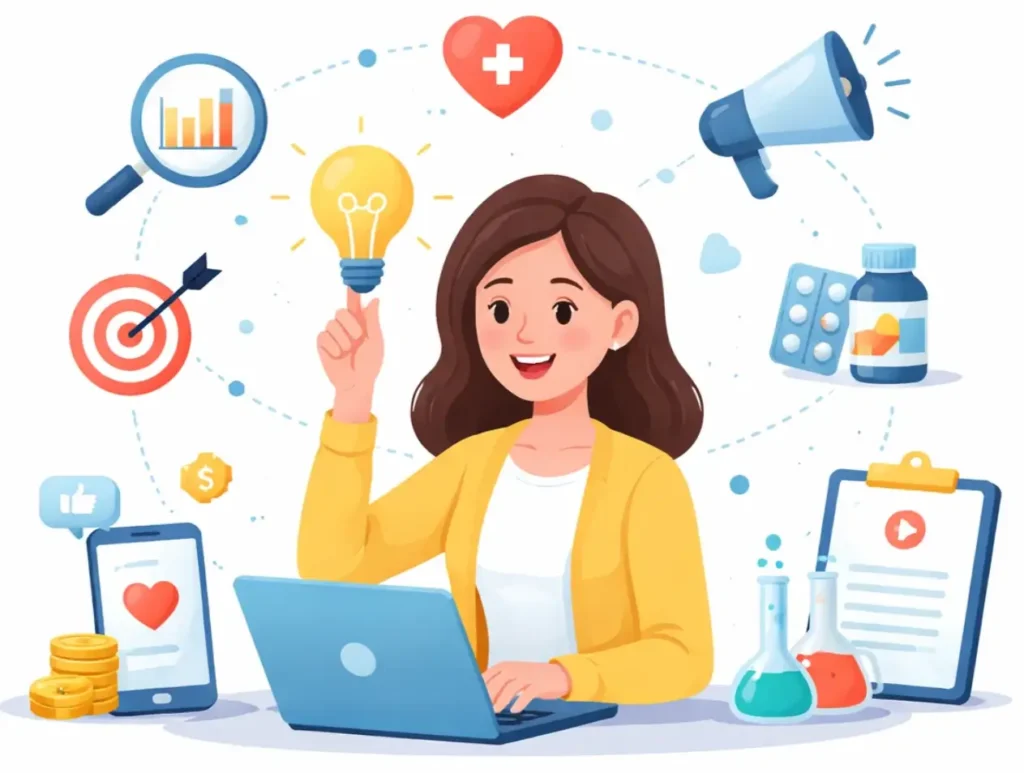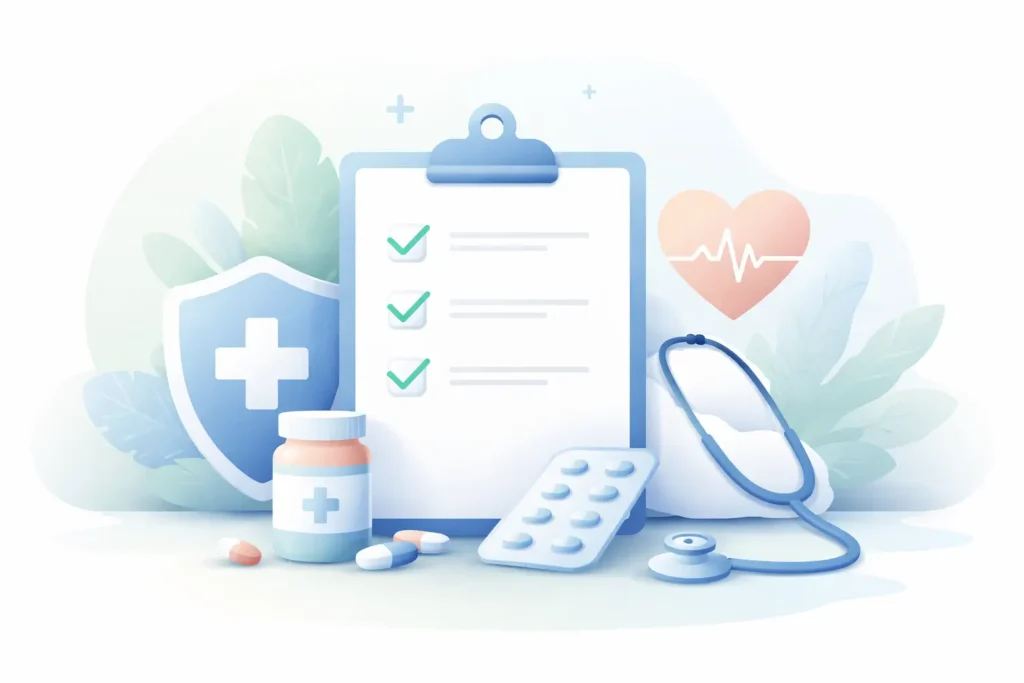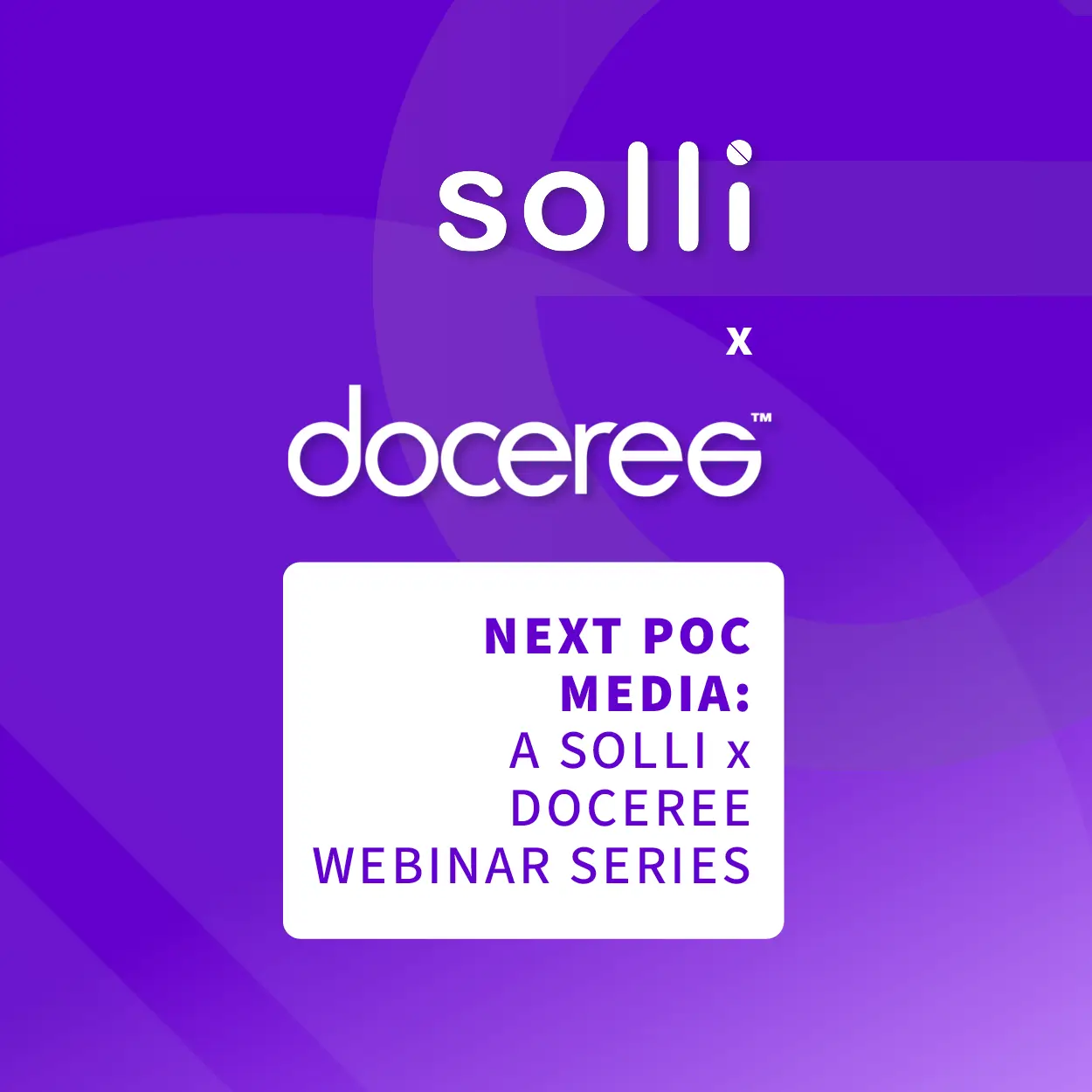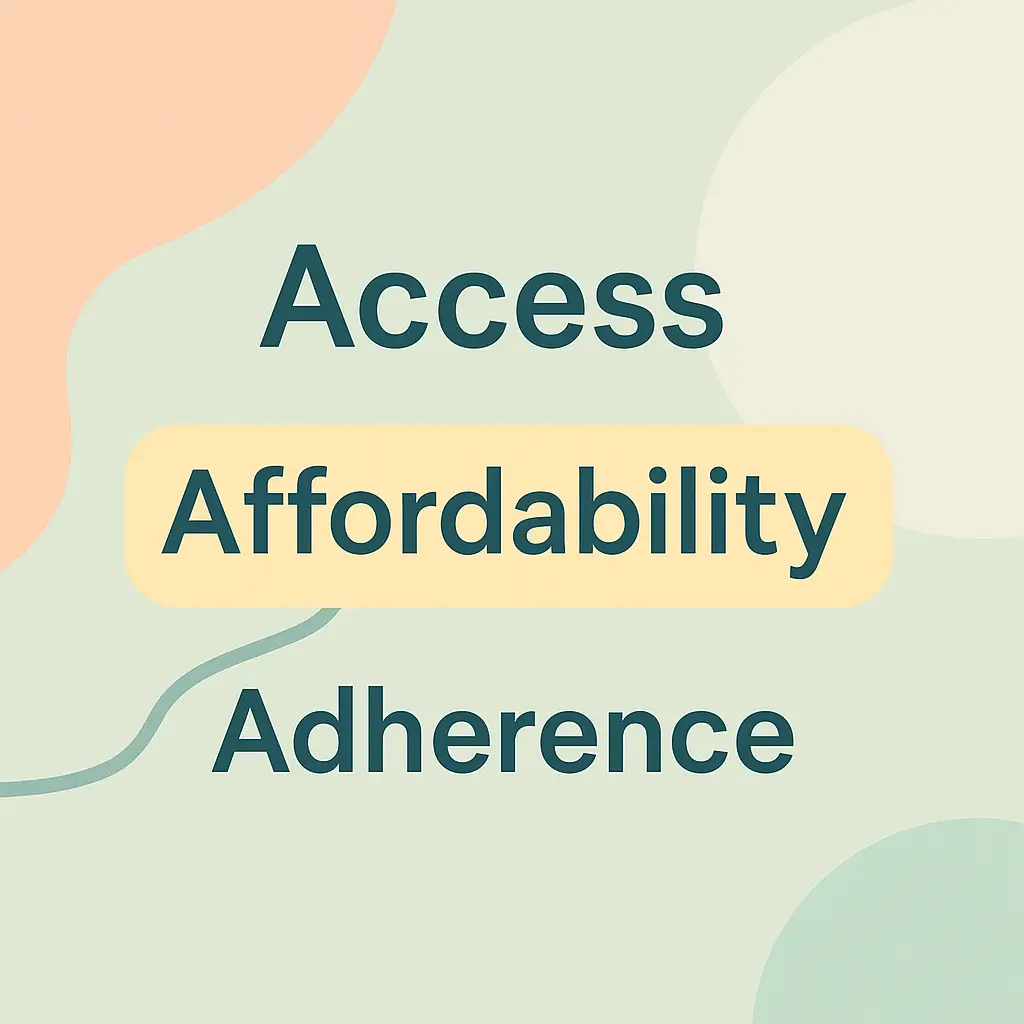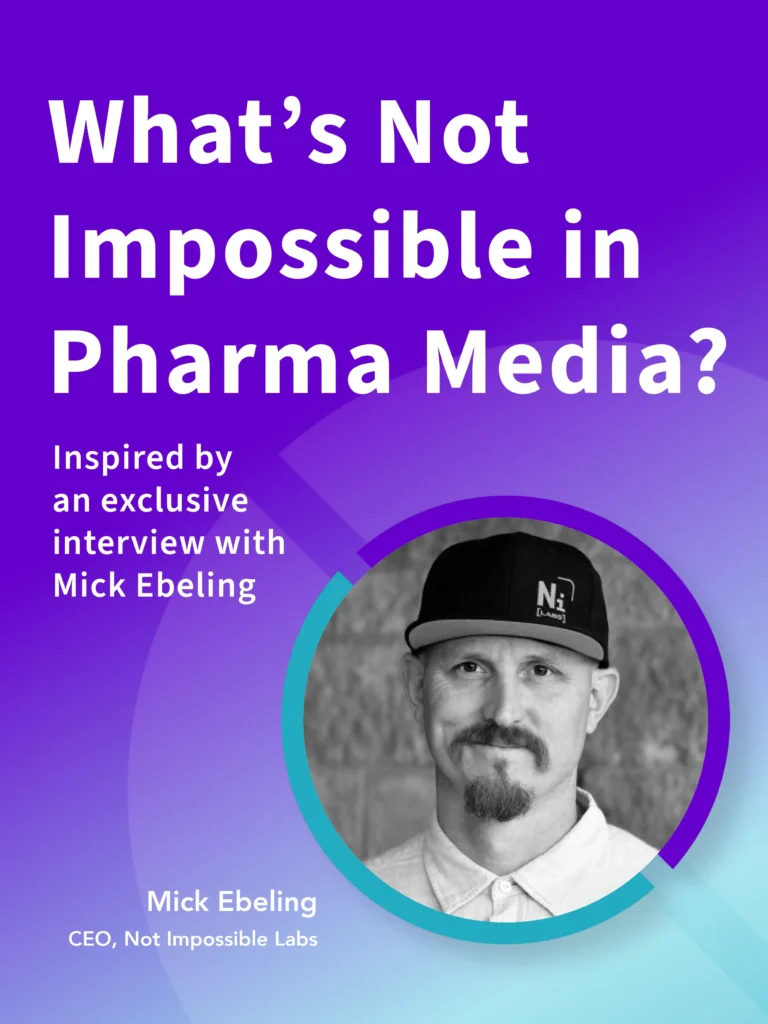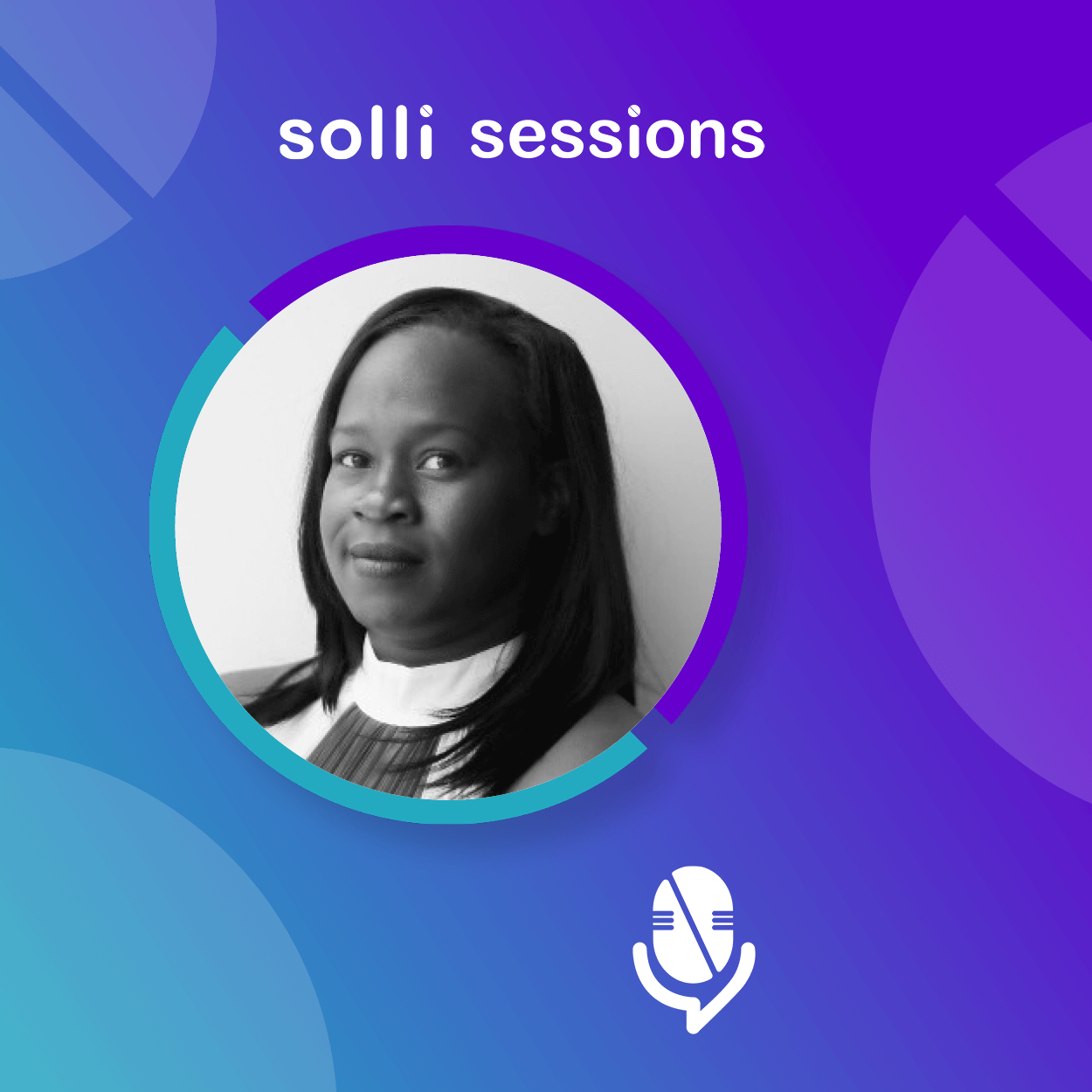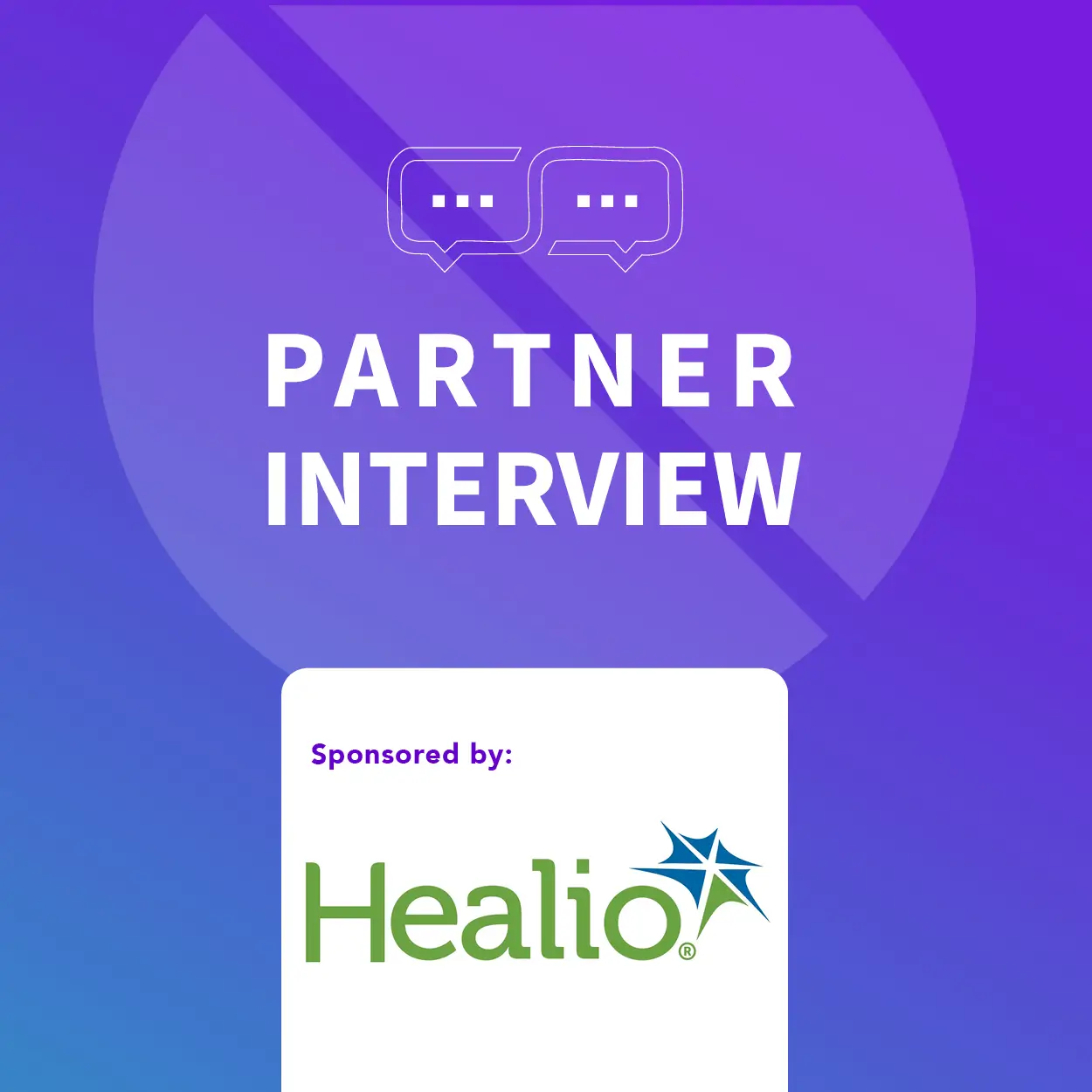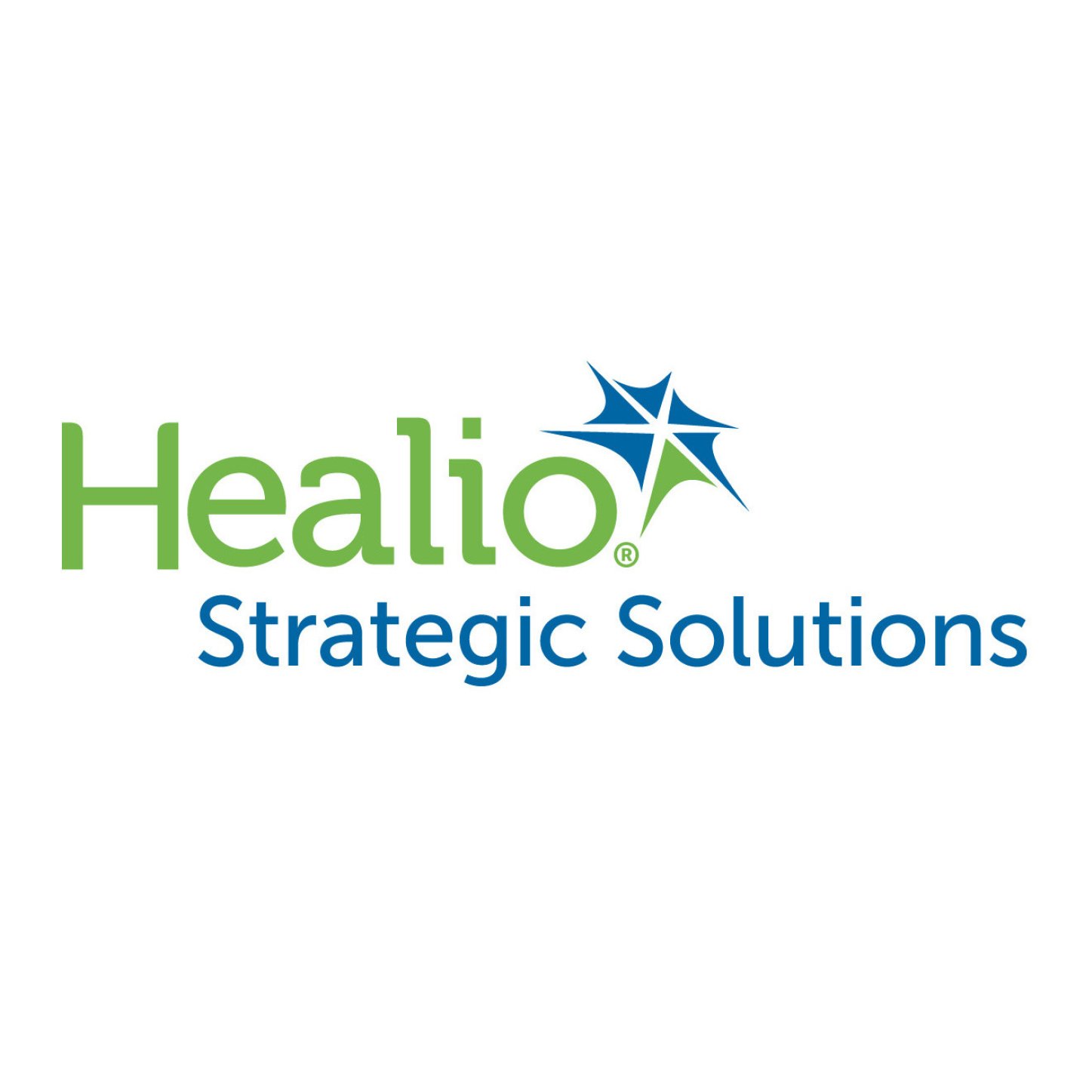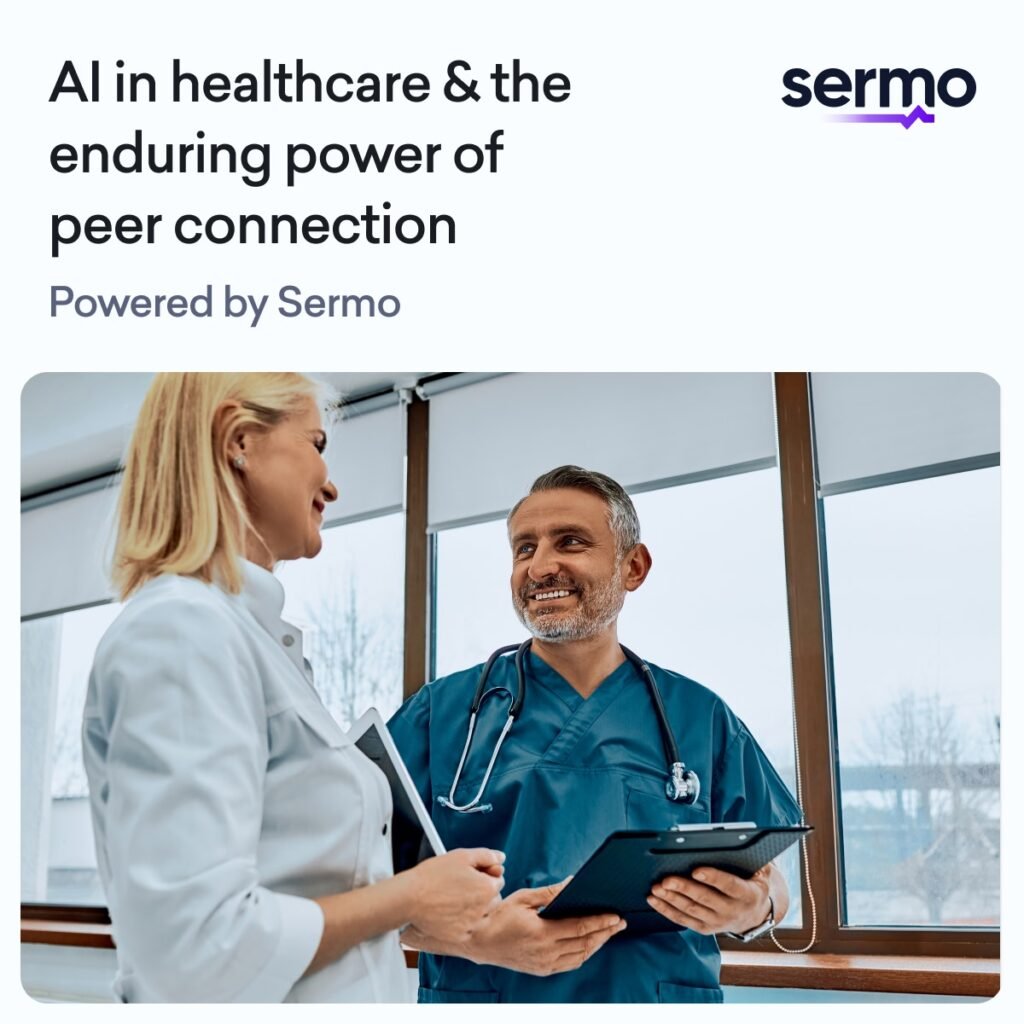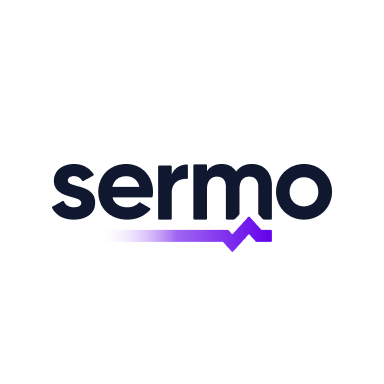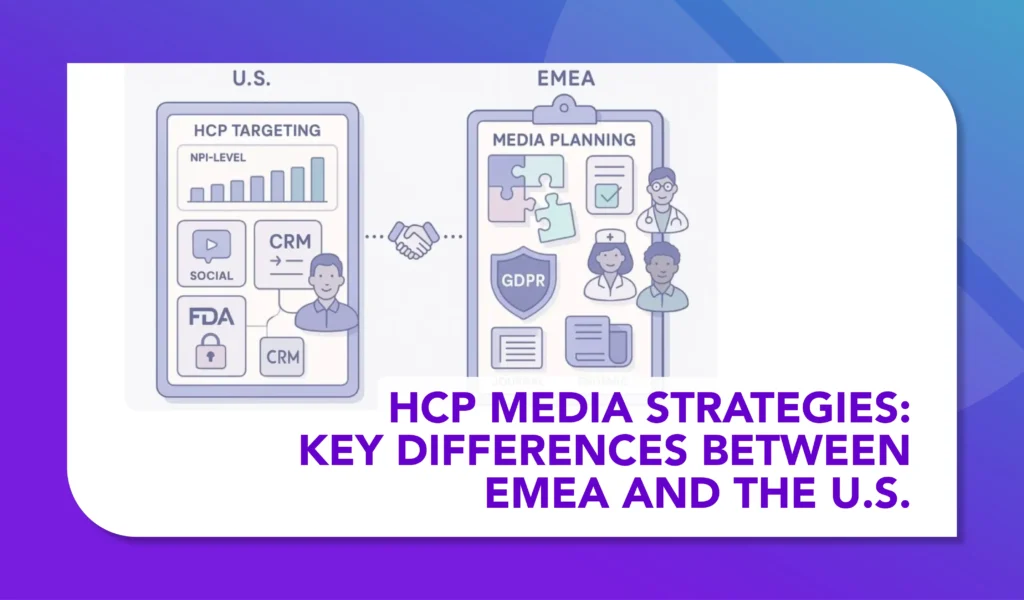The Evolving Role of AI Assistants in Healthcare and Pharma Media
AI assistants are reshaping healthcare by supporting clinical decisions and opening new channels for pharma engagement.
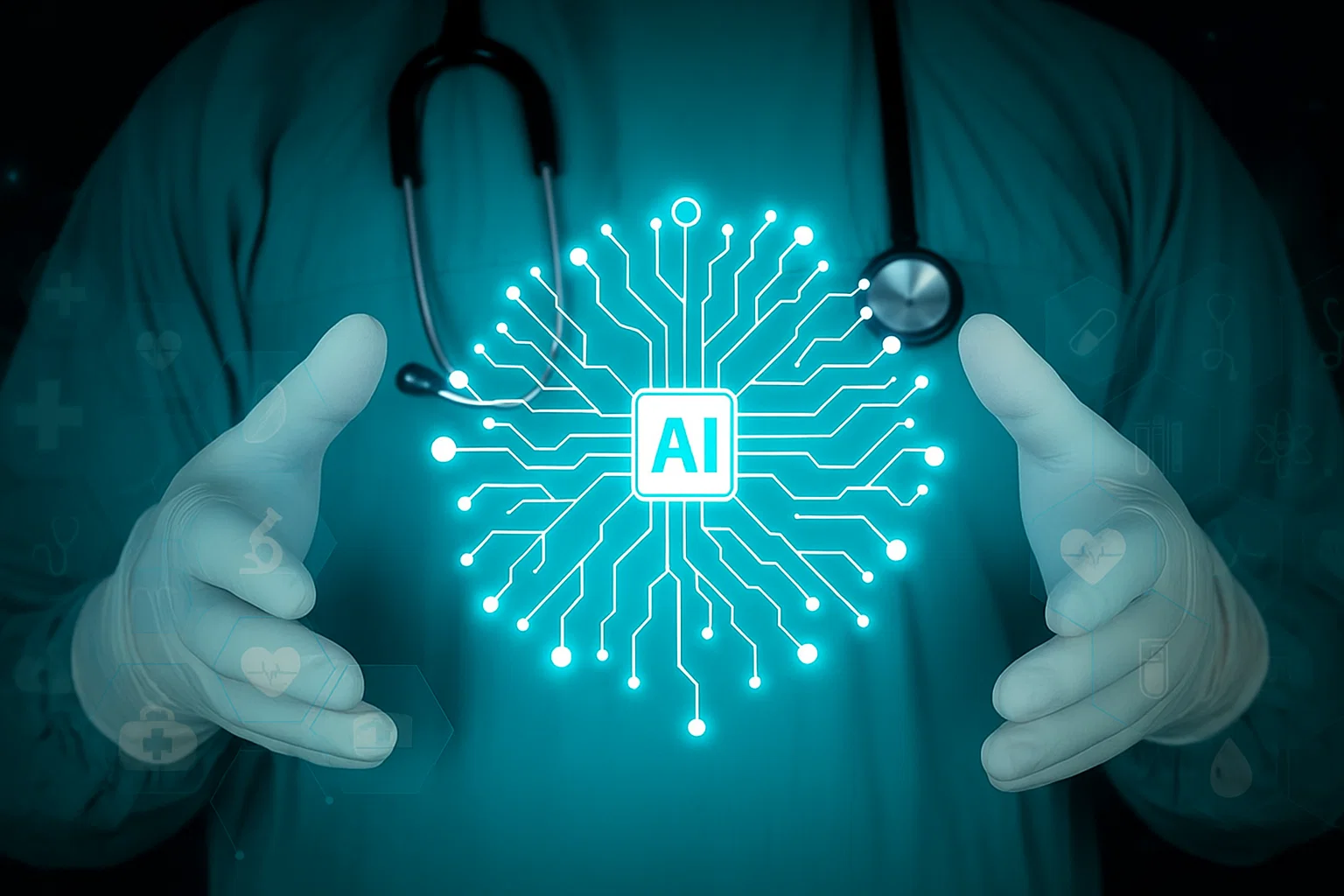
AI platforms and intelligent assistants are rapidly reshaping both the healthcare and pharmaceutical media landscapes.
A 2024 Healio survey of 641 physicians across a range of specialties and practice settings found that over 51% already use AI-driven medical applications. These tools are helping improve efficiency, support clinical decisions, and ultimately enhance patient care.
AI is no longer a novelty—it’s becoming a core part of delivering high-quality, timely care. Here’s how AI assistants are transforming healthcare:
Transforming Clinical Practice
1. Enhanced Access to Information
AI assistants can synthesize vast volumes of data—from clinical trials and journal articles to patient records—well beyond human capabilities.
2. Fast, Relevant Retrieval
These tools streamline research by quickly surfacing targeted insights for specific cases, saving physicians valuable time.
3. Smarter Decision Support
AI delivers evidence-based guidance to assist with diagnoses and treatment planning, helping reduce uncertainty and errors.
4. Continuous Learning
With constantly updated knowledge bases, AI tools ensure clinicians have access to the latest medical information and best practices.
Supporting Physician Decision-Making
Evidence-Based Practice
AI enables more consistent evidence-based care by surfacing up-to-date research at the point of need.
Cognitive Relief
By handling data-heavy tasks, AI tools reduce the mental load on physicians, freeing them to focus on patient interaction and critical thinking.
Team Collaboration
With shared access to real-time insights and recommendations, AI tools can support more unified decision-making across care teams.
EHR Integration
Soon, AI assistants will integrate directly with electronic health records—analyzing historical data and real-time inputs to offer predictive treatment recommendations and outcome forecasts.
Challenges and Guardrails
Bias and Equity
AI models must be carefully designed and tested to avoid bias and ensure equitable treatment recommendations across patient populations.
Transparency and Trust
Physicians need clarity on how AI assistants generate recommendations to build trust and support ethical use.
Human Oversight
AI should enhance, not replace, clinical judgment. Human empathy and context remain essential in patient care.
Opportunities for Pharma
As physicians increasingly prefer AI assistants over traditional information sources, new media opportunities are emerging for the pharmaceutical industry.
For instance, branded “From Industry” content could appear in AI search results—akin to sponsored links on Google. Just as search became a must-have media channel, AI platforms could become a high-impact, measurable way to drive awareness and engagement.
AI usage also unlocks real-time insights into HCP behavior—what they search, what challenges they face—which can inform more personalized and relevant outreach strategies.
One notable example is Healio’s upcoming launch of OncoIntel—an AI-powered platform developed in collaboration with a leading cancer research institution. It blends cutting-edge technology with curated oncology content to help clinicians stay ahead. For pharma, it offers a new, high-value channel for brand engagement in a trusted digital environment.
The Road Ahead
AI assistants are redefining how clinicians access knowledge, make decisions, and care for patients. By accelerating research, enhancing diagnostic accuracy, and improving workflows, they’re empowering physicians to work smarter and deliver better outcomes.
As adoption grows, trust, transparency, and safety will be key differentiators. The healthcare and pharma industries that embrace these principles will be best positioned to lead in this fast-moving AI era.
Read the full article HERE
This was written by Anthony S. Manson, Chief Digital Officer, Healio.

